Belgium to formally recognise Palestinian state at UN General Assembly
Belgium will officially recognise a Palestinian state at the United Nations General Assembly later this month, joining a growing number of Western nations in endorsing Palestinian statehood. The move comes amid escalating humanitarian concerns in Gaza and is part of a broader diplomatic initiative led by France and Saudi Arabia.
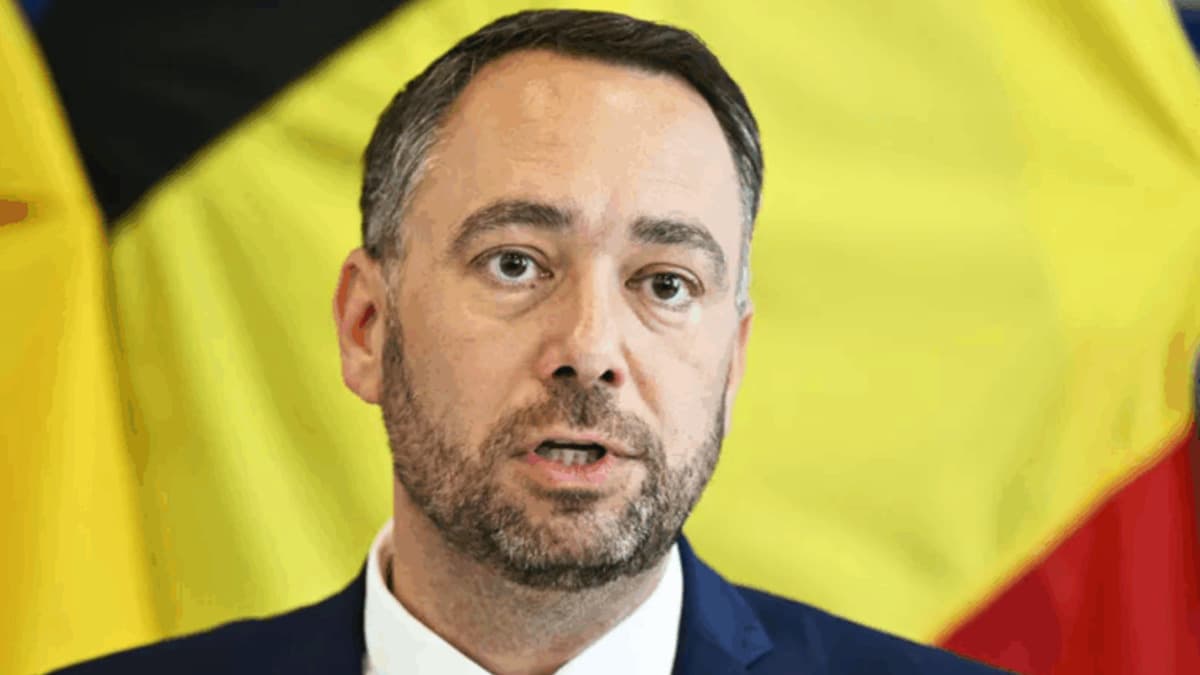
- Belgium to recognise Palestine at the UNGA on 22 September.
- The decision aligns Belgium with France, Australia, Canada, and the UK.
- Brussels plans 12 targeted sanctions on Israel, including a ban on settlement imports.
BRUSSELS — Belgium will formally recognise a Palestinian state at the upcoming United Nations General Assembly, Foreign Minister Maxime Prévot announced on Tuesday, 2 September.
The decision positions Belgium alongside France, Australia, the United Kingdom, and Canada — all of which plan to support Palestinian statehood at the 22 September summit in New York.
Prévot said in a statement on social media that Belgium would join the signatories of the New York Declaration, a document backing the two-state solution and the peaceful coexistence of Israel and an independent Palestine.
According to Prévot, the decision responds to “the humanitarian tragedy unfolding in Palestine, particularly in Gaza,” and aims to address “violence perpetrated by Israel in violation of international law.”
Diplomatic and political motivations
The announcement forms part of a wider initiative led by France and Saudi Arabia to mobilise support for Palestinian sovereignty. Prévot described the recognition as a “political signal” against Israel’s continued military occupation and settlement expansion in the West Bank.
Belgium also plans to impose 12 targeted sanctions on Israel, including a ban on imports from illegal settlements, a review of public procurement involving Israeli companies, and the designation of Hamas leaders as persona non grata.
However, Prévot emphasised that Belgium’s formal recognition of Palestine will only occur after all Israeli hostages held in Gaza are released and Hamas is removed from any governing role.
Divisions within Europe and international reactions
The decision has sparked mixed reactions globally. The United States remains opposed to unilateral recognition, with President Donald Trump criticising Canada’s support and Senator Marco Rubio calling France’s decision “reckless.” The White House has not commented on Belgium’s move.
European consensus also remains elusive. At a meeting in Copenhagen last weekend, EU foreign ministers were split over how to respond to Israel’s military actions and whether to apply economic pressure.
Belgium’s Prime Minister, Bart De Wever, previously stated that recognition of Palestine should come with “long-term security guarantees” and the exclusion of Hamas from governance structures.
France, Saudi Arabia, and growing global support
France confirmed in July that it would recognise Palestine at the UN summit, which it will co-host with Saudi Arabia. Australia, Canada, and the UK are also expected to announce formal recognition.
According to UN data, 147 of 193 member states — around 75 per cent — already recognise Palestine as a sovereign state.
Israel’s response and international law context
Israel has condemned the growing number of recognitions, with officials reportedly considering the annexation of further areas in the occupied West Bank in retaliation.
The International Court of Justice ruled in 2024 that Israel’s occupation of Palestinian territories, including East Jerusalem and the West Bank, was illegal under international law and should end “as soon as possible.” Israel rejects the ruling, maintaining that the territories are “disputed” rather than occupied.
Gaza conflict and humanitarian toll
The Gaza war continues to fuel international outrage. The conflict escalated after Hamas’s 7 October 2023 assault, which killed 1,200 Israelis and saw more than 250 hostages taken.
Israel’s subsequent military campaign has drawn widespread condemnation for civilian deaths and destruction. The Gaza Health Ministry reports tens of thousands killed and hundreds of thousands injured since the fighting began.
Singapore’s cautious stance
Singapore remains among the countries taking a measured approach. Coordinating Minister for National Security K Shanmugam said on 2 September that Singapore was “prepared in principle” to recognise Palestine but warned that premature recognition could harm the Palestinian cause.
Belgium’s long-term commitments
In his statement, Prévot reaffirmed Belgium’s commitment to supporting Palestine’s reconstruction and to “new European measures targeting Hamas.” He also pledged support for efforts to combat antisemitism both domestically and across the region.
Belgium’s move marks a significant step for a European Union member state, signalling increasing diplomatic pressure on both Israel and Hamas to accept internationally mediated peace efforts.
With the UN General Assembly summit approaching, Belgium’s decision is expected to add momentum to the global push for formal Palestinian statehood and renewed peace negotiations.

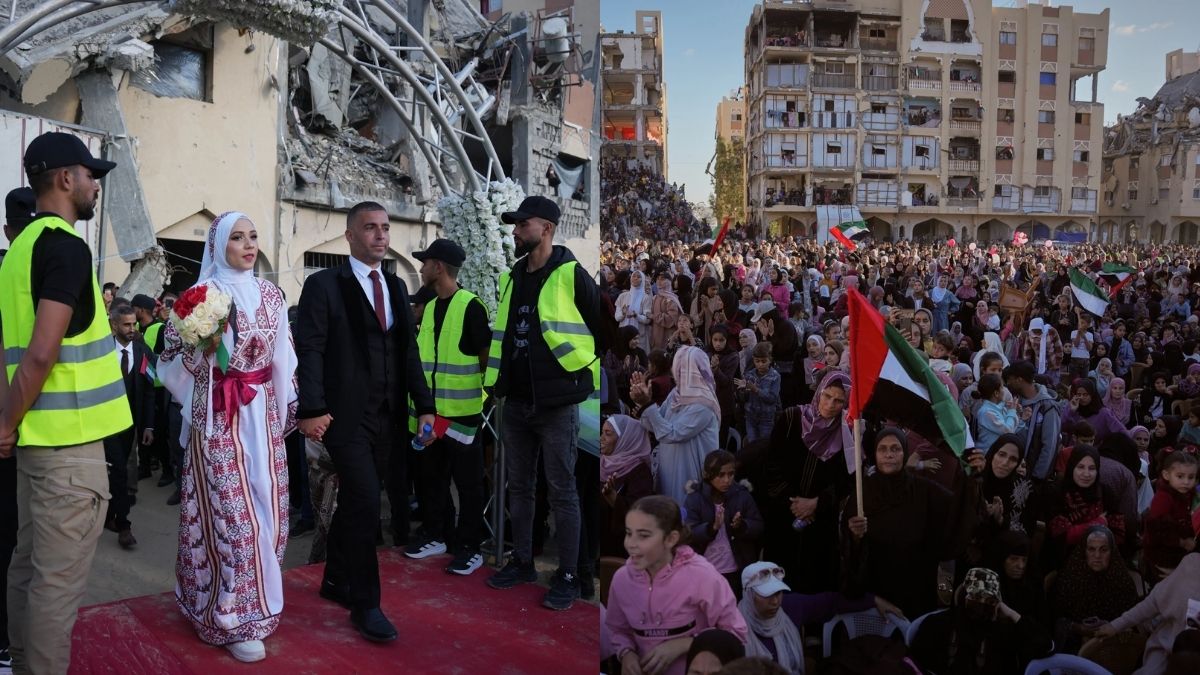
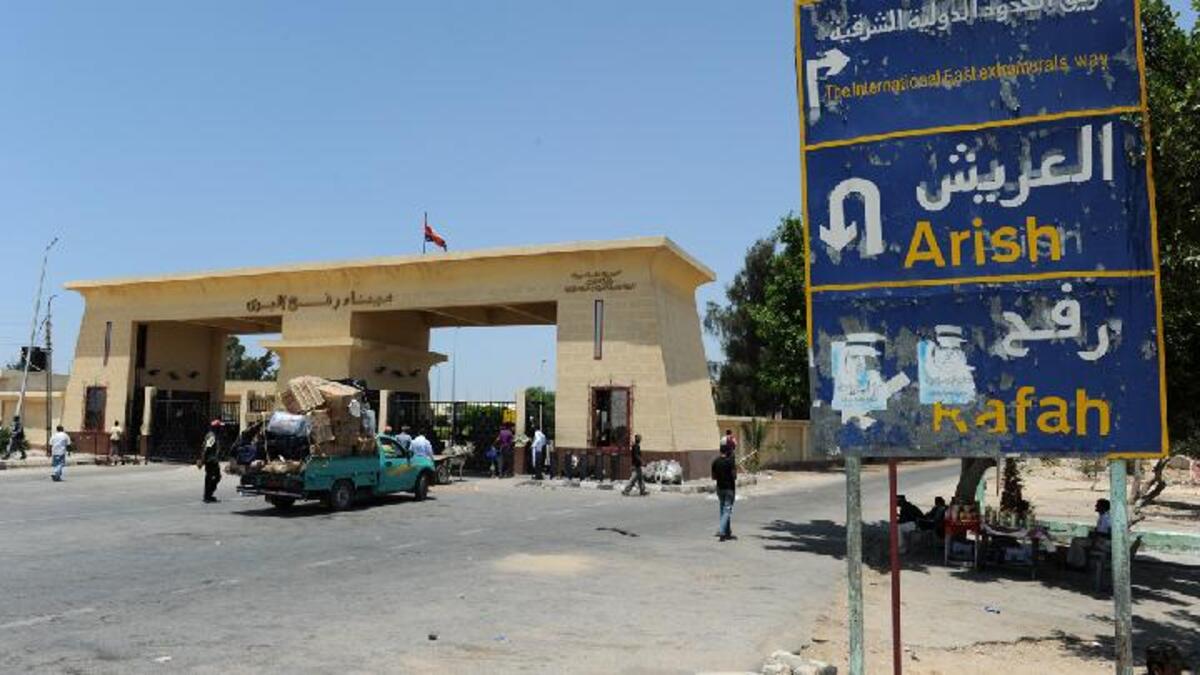
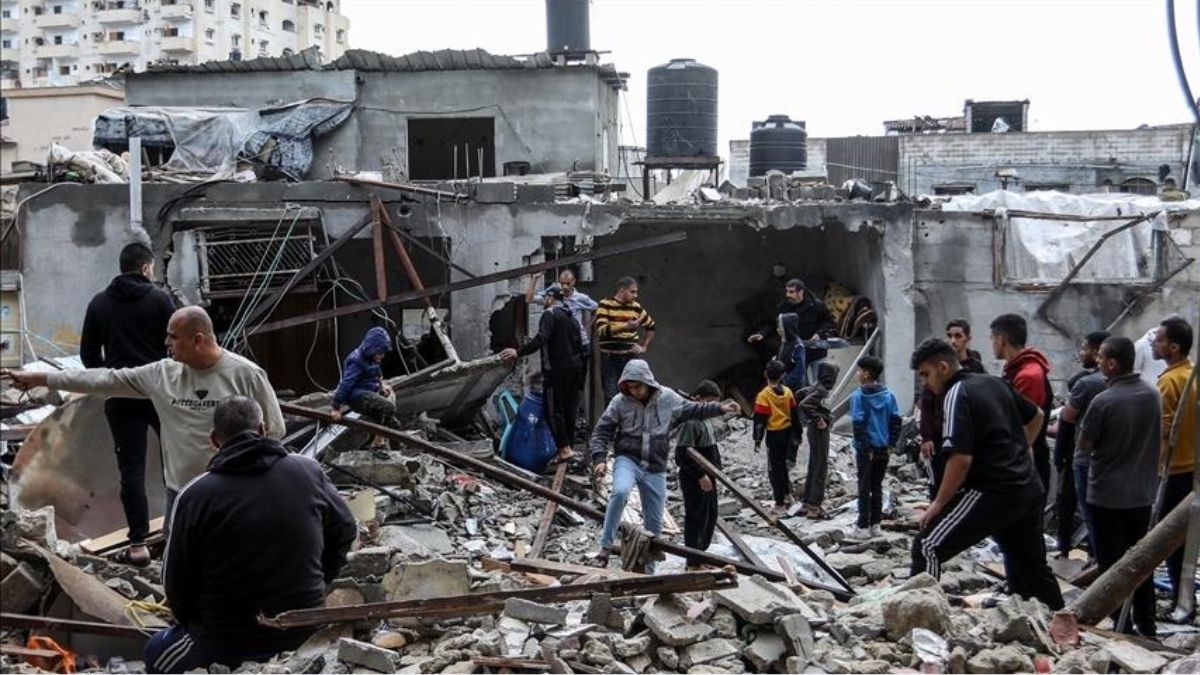



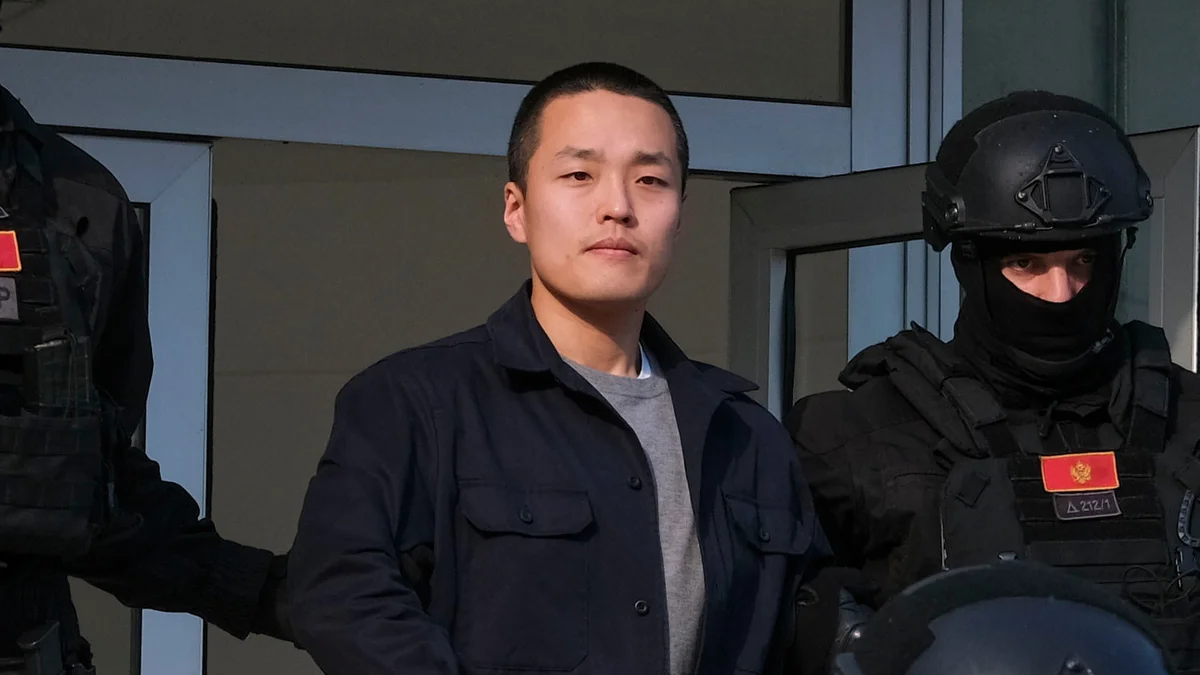

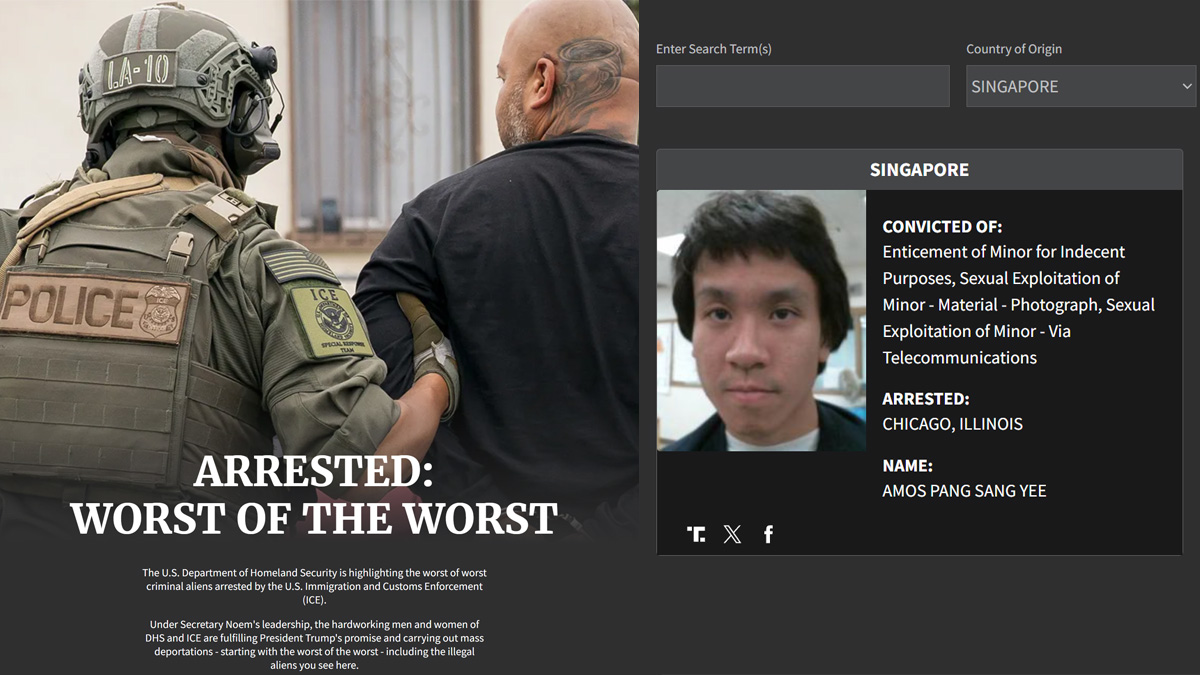
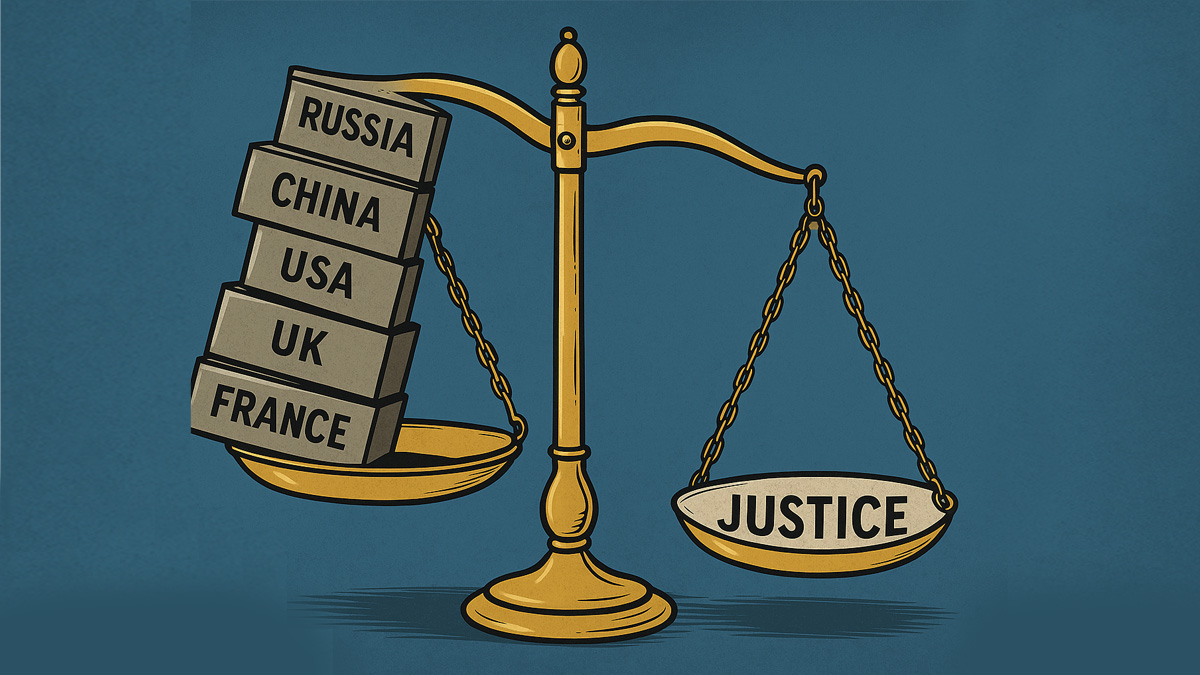
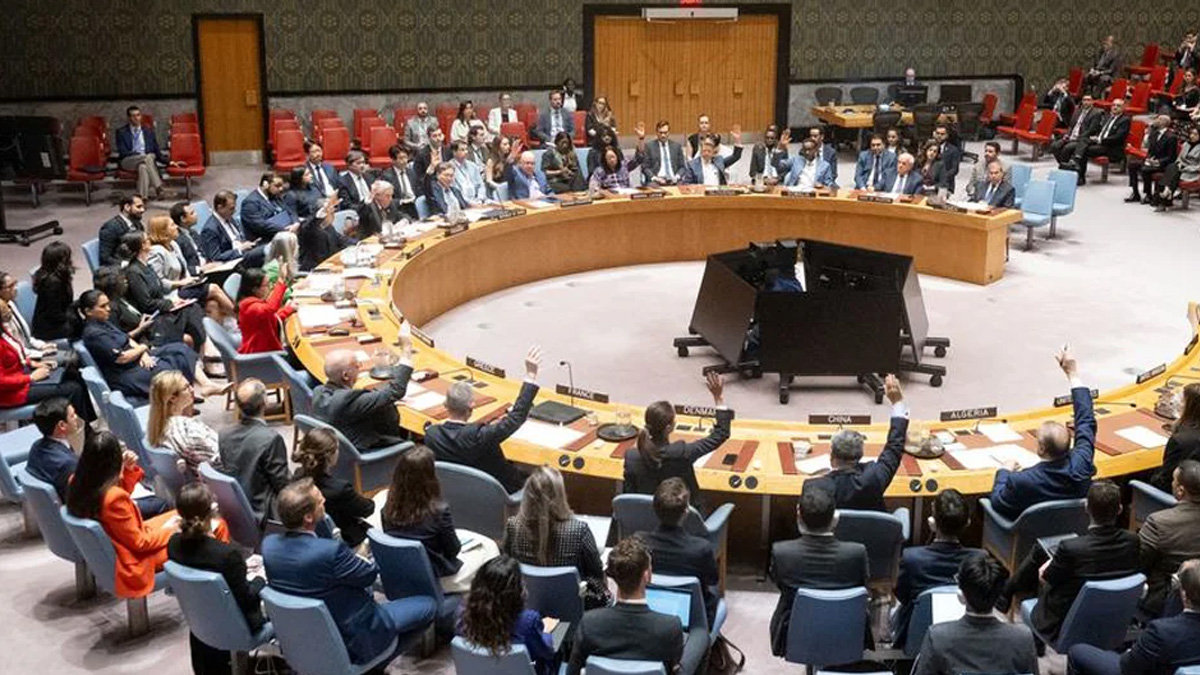
0 Comments